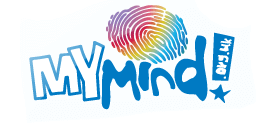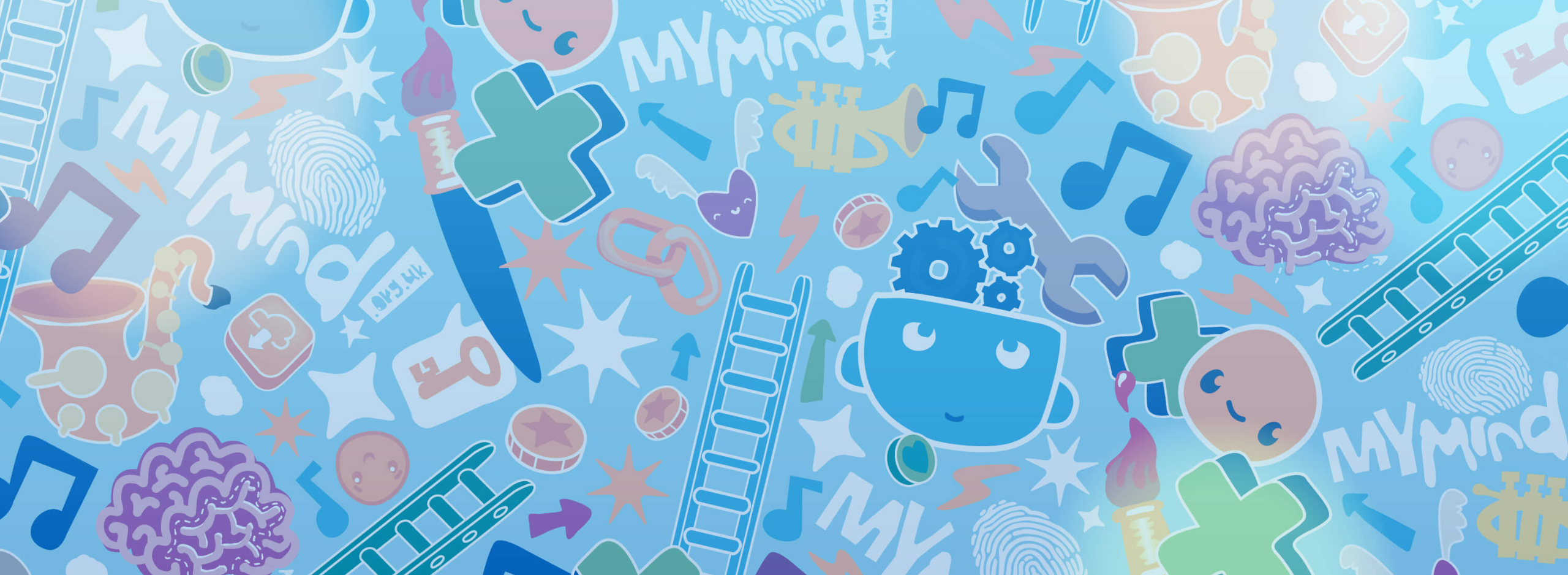We know it can be hard when you’re struggling or worried about a young person’s mental health. This page explains how our service works, who we help, and what to expect if you’re referred to us.
Who we are
MyMind is part of the local NHS Children and Young People’s Mental Health Service (CYPMHS). We support young people under 18 who are experiencing emotional or mental health difficulties that are affecting daily life — at school, at home, or with friends.
When to ask for help
You or your child might need extra support if they’re:
- Feeling low, sad or anxious most of the time
- Avoiding school, friends or family
- Having frequent outbursts or difficulty managing emotions
- Not eating well or feeling bad about their body
- Having scary thoughts or risky behaviours
We help when these feelings last a while and start getting in the way of everyday life.
- We can support with things like:
- Persistent low mood or anxiety
- Compulsive behaviours or rituals
- Big difficulties in relationships or attachments
- Eating difficulties or changes in weight
- Strong emotional reactions or self-harm
- Thoughts about suicide or hearing voices
Even if you’re not sure what’s going on, it’s okay to ask for help.
How to get support
Most young people are referred to us by a GP, school, or another professional (like a health visitor or social worker). We also accept self-referrals from young people and parents/carers. If you’re not sure where to start, speak to your GP or school first — they can help guide you.
Sometimes CYPMHS isn’t the best service to help. If we think another service can help better, we’ll guide you there. That could be:
- A local counselling service or charity
- Youth justice or neurodevelopmental teams
- Early support from your GP or school
You’ll never be left without advice or a plan.

What happens after a referral?
Once a referral is sent in, here’s what happens:
- We check the referral (this is called 'triage') to understand more about you and your individual needs. This is to understand which service can help you best.
- If it looks like CYPMHS is the best team to help, we offer a first appointment - known as a Choice appointment.
- In your first appointment, we’ll listen, ask questions, and work out together what kind of support is best.
- We’ll agree next steps — that might be more sessions with CAMHS (Partnership appointments), advice, or referring you to another service.
Sometimes CYPMHS isn't the best service to help. If we think another service can help better we'll guide you there. You'll never be left without advice or a plan.
Who else can help?
We know every young person is different — that’s why we work closely with other services in your local area. We’ll help you find the right one.
Different types of support:
- School or community support – talking to your school’s pastoral or wellbeing team
- Mental Health Support Teams (MHSTs) – for mild-to-moderate concerns, often based in schools
- CYPMHS clinicians – for more complex or ongoing difficulties
- Crisis support – urgent help if a young person is at immediate risk
What about parents and carers?
We want to work in partnership with you. We know how worrying it can be. At your child’s appointments, we’ll explain what’s happening and how you can help at home. For some older young people, they may prefer to speak to us on their own, and we’ll always respect that too.
What to expect in your first appointment
- You’ll meet with one of our friendly team (face-to-face or online)
- We’ll ask questions to understand what’s been happening
- We’ll talk about what kind of help might work best.
- You don’t need to prepare anything — just come as you are. You can bring a parent, carer or trusted adult with you.

